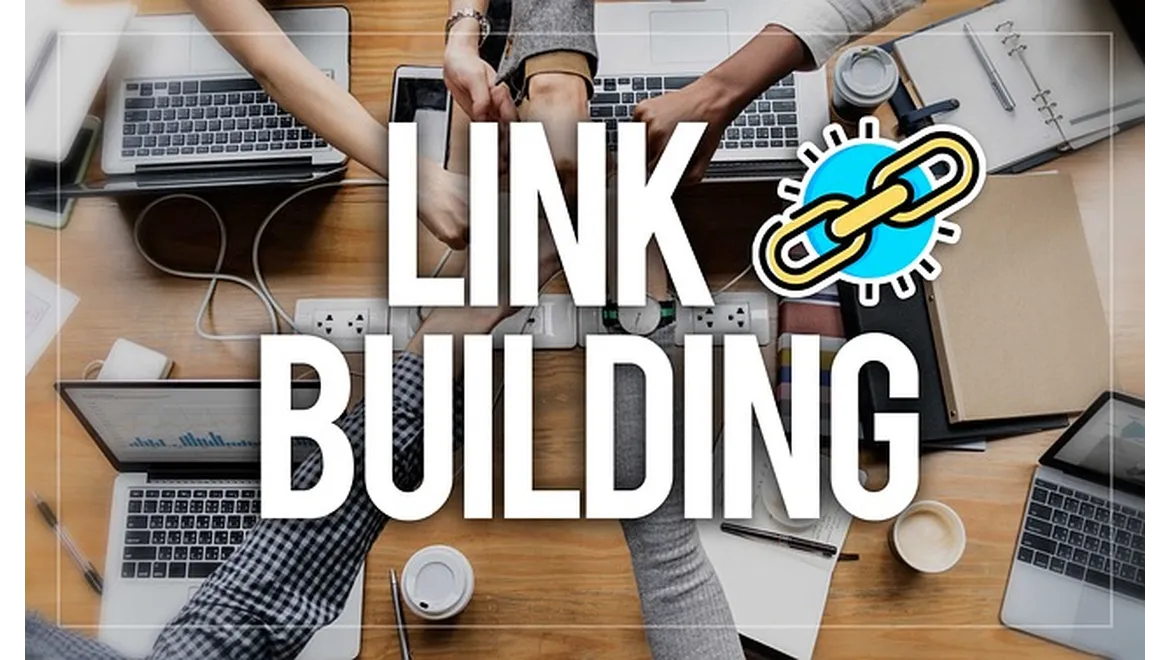When I sat down with Emily Carson, a digital marketing strategist with over a decade of experience, her frustration was palpable. “It’s like Google is speaking out of both sides of its mouth,” she said, shaking her head, as she recounted her recent struggles in navigating the ever-evolving landscape of search engine optimization (SEO).
Emily elaborated on the recent changes in Google’s spam policy, which downplayed the importance of backlinks in determining search rankings. “For years, Google emphasized that links were crucial trust signals for brands. But now, they suddenly decide to remove the word ‘important’ from their documentation, and we’re left scrambling to understand what that means for our strategies.”
The confusion caused by this shift was compounded by leaked internal documents from Google, which suggested that links still play a significant role in search rankings. “The inconsistency is maddening,” Emily admitted. “On one hand, they’re telling us links are just one of many factors. But on the other, their own data shows that high-quality backlinks are still incredibly important.”
To illustrate her point, Emily shared an experience from a recent campaign for a client, a popular recipe site called Inspired Taste. “We noticed that their competitors were outranking them because of a lack of relevant and authoritative backlinks,” she explained. “Through a creative digital PR campaign and focused content targeting keywords in the ‘dessert’ category, we managed to increase the site’s average SEO ranking by 3.6 positions in just a few weeks.”
The campaign’s success was largely due to several authoritative publications linking directly to Inspired Taste’s key product pages, along with significant engagement across social media. “Despite Google’s mixed messages, the data was clear: quality backlinks made a huge difference.”
Emily also touched on the nuances revealed in Google’s leaked documents, which outlined a tiered approach to link weighting, integrating user click data. “They categorize links into low, medium, and high quality based on engagement. Low-quality links are ignored, medium-quality links have moderate influence, and high-quality links, which get substantial verified clicks, provide the strongest ranking signals.”
So, what does this mean for businesses moving forward? “The good news is that if you’ve already invested in link building and SEO, those efforts are still paying off,” Emily assured. “But the focus needs to shift towards creating content that not only attracts clicks but also keeps users engaged.”
Emily provided some key strategies for future-proofing your brand in light of these changes:
1. Know Your Audience: “Use data and insights to understand who your target audience is and what type of content will engage them. It’s essential to create content that makes them stop scrolling and share with their network.”
2. Be Authentic: “Stay true to your brand proposition. All your content should have a consistent message that aligns with your key messaging.”
3. Tap Into Trends: “Monitor trends and sentiment across news and social platforms to ensure your content is timely and relevant.”
4. Align with Google’s Guidelines: “Google’s E-E-A-T content guidelines—experience, expertise, authoritativeness, and trustworthiness—are still crucial. Make sure your content aligns with these principles.”
5. Make It Relevant: “Create content that is genuinely useful and engaging. Write with your target audience in mind but also incorporate your commercial keywords where appropriate to help with rankings.”
6. Make It Shareable: “With Google’s emphasis on user engagement, it’s crucial that your content encourages users to click and share.”
In conclusion, Emily stressed the importance of focusing on building a brand rather than chasing the algorithm. “Google rewards brands that put customers and searchers at the heart of everything they do. By creating high-quality, engaging, and relevant content, you not only inform search engines but also offer value to your audience.”
Oliver
—
As VP of Organic Media at Journey Further, Emily Carson has leveraged her extensive experience to help brands achieve unprecedented visibility and credibility through innovative digital PR strategies. Her insights continue to empower businesses to amplify their content reach and harness the power of organic traffic.











